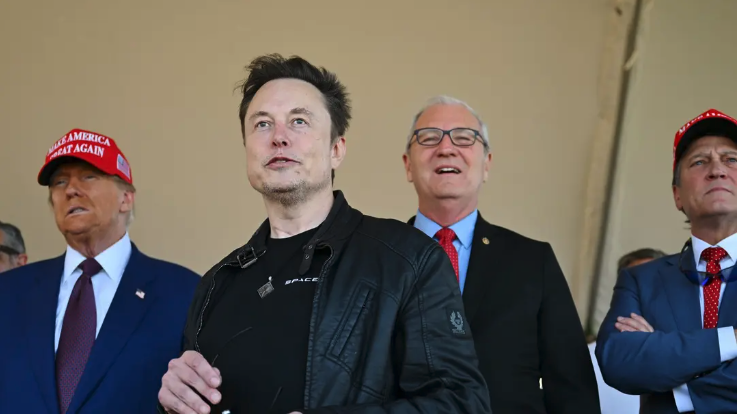US Announces Stricter Vehicle Emissions Standards
The Biden administration Wednesday imposed what the Environmental Protection Agency (EPA) called its 'strongest-ever vehicle pollution' norms in an effort to hasten carmakers' transition to zero-emission vehicles....
Facts
- The Biden administration Wednesday imposed what the Environmental Protection Agency (EPA) called its 'strongest-ever vehicle pollution' norms in an effort to hasten carmakers' transition to zero-emission vehicles.1
- The standards will apply to car and light-duty truck models produced in 2027-2032. The EPA estimates they will save consumers nearly $46B in annual fuel costs and nearly $16B in maintenance through 2055.2
- The new norms aim to halve emissions by 2032, but they're not as strict as the ones proposed last year. The earlier ones, opposed by carmakers and worker unions, sought to cut emissions by more than two-thirds.3
- The EPA estimates the norms will cut emissions by 7.2B metric tons through 2055, alongside fine particulate matter and nitrogen oxides, preventing up to 2.5K premature deaths due to pollution.4
- The standards could lead to more than half of new cars being EVs in 2030-32. Since transportation is the top US emitter, EPA chief Michael Regan said the rules will 'solidify' the US' role as a leader in clean transportation.5
- While a record 1.2M EVs were sold in the US last year, they constituted 7.6% of total car sales.6
Sources: 1Bloomberg, 2CBS, 3Verge, 4Washington Post, 5Al Jazeera and 6New York Times.
Narratives
- Democratic narrative, as provided by Carbon Brief. Biden is successfully striking a balance between giving hybrid vehicles a bigger opportunity and balancing climate goals with industrial capabilities and consumer choice. Although these standards are less stringent than the ones originally proposed, they offer flexibility and acknowledge the challenges automakers face.
- Republican narrative, as provided by WSJ. In attempting to end the era of gas-powered cars, Biden is willing to burden middle-class consumers and damage the US auto industry by subsidizing EVs for those wealthy enough to afford them. Moreover, there are still unanswered questions about the environmental impact of battery production and electricity generation. This is a bad policy.
- Progressive narrative, as provided by Los Angeles Times. These new rules are inadequate to tackle the climate crisis. They're too gradual and there are loopholes that favor automakers. Delaying steep EV sales growth until after 2030 is a mistake amid urgent climate concerns and smells like concessions made to the auto industry and organized labor, which values jobs and profits over protecting the environment.







